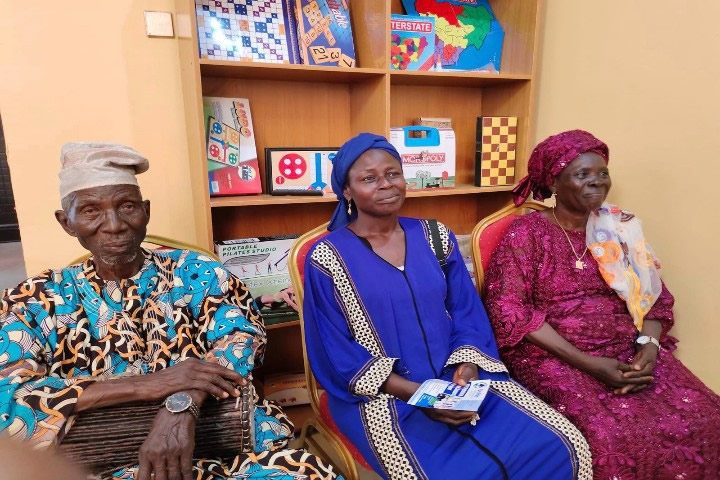De Pals Care Foundation
Donate NowWorld Elderly Abuse Awareness Day 2025
Elderly abuse can take many forms, including physical, ,emotional, financial, and neglect. Following are some common signs, symptoms, and consequences:
Signs and Symptoms
1. Physical abuse: Unexplained injuries, bruises, cuts, or broken bones.2. Emotional abuse: Changes in mood, anxiety, depression, or withdrawal.
3. Financial abuse: Unusual or unexplained financial transactions, missing valuables.
4. Neglect: Poor hygiene, malnutrition, or dehydration.
5. Sexual abuse: Unexplained genital or anal injuries, or changes in behaviour.
Consequences
1. Physical harm: Injuries, illnesses, or even death. 2. Emotional trauma: Anxiety, depression, post-traumatic stress disorder (PTSD).3. Financial loss: Exploitation, theft, or financial instability.
4. Social isolation: Withdrawal from social interactions, loss of relationships.
5. Loss of trust: Difficulty trusting others, feelings of vulnerability.
Risk Factors
1. Social isolation: Lack of social support, isolation from family and friends.2. Dependence: Dependence on caregivers for daily needs, financial support.
3. Cognitive impairment: Dementia, Alzheimer's disease, or other cognitive impairments.
4. Financial vulnerability: Limited financial resources, dependence on others for financial support.
Who Can Be Abusers?
1. Family members: Spouses, children, grandchildren, or other relatives.2. Caregivers: Paid or unpaid caregivers, including nursing home staff.
3. Friends or acquaintances: Friends, neighbors, or acquaintances who exploit or abuse.
Reporting Elderly Abuse
- Contact local authorities: Report suspected abuse to local law enforcement or adult protective services.- Call national hotlines, 07030000203 (0800- NAPTIP) and for MTN dial 627 or *627#.
- Healthcare providers_: Inform healthcare providers, such as doctors or social workers.
If you suspect elderly abuse, report it immediately to ensure the safety and well-being of the individual. Ageing is not by choice but by the divine grace of the Almighty. Treat elderly people with utmost respect and empathy.



Our Core Values
- * Passion for Clients
- * Excellence
- * Trust
- * Team work
- * Ethics
- * Continuous Learning.
Our Vision
To create a better everyday life for Elderly people.
Our Mission
To go beyond the ordinary in caring for the elderly people and help them to achieve excellence even in old age.